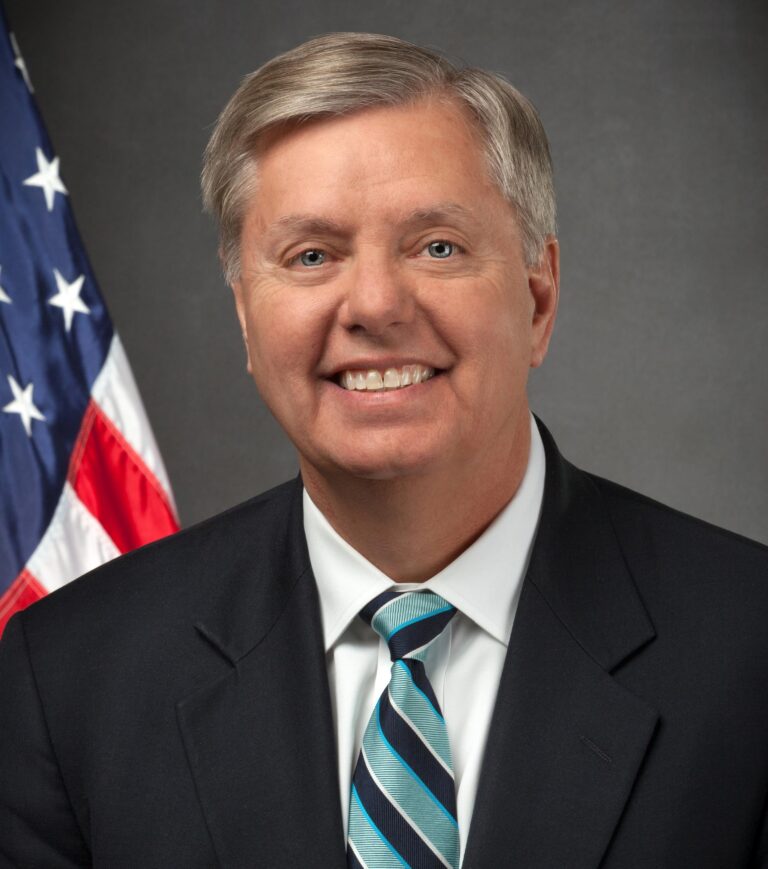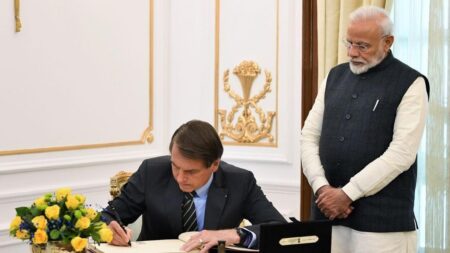Diplomacy Insights: Lindsey Graham Advocates for enhanced Sanctions on Russia
In the shifting terrain of global diplomacy, U.S.Senator Lindsey Graham has taken a prominent stance in advocating for stronger sanctions against Russia. With ongoing tensions related too the Ukraine conflict and Moscow’s assertive actions worldwide, Graham’s recent initiatives seek to amplify economic pressure on the Russian government. As discussions in Congress heat up and lawmakers consider the ramifications of additional sanctions, this article explores Graham’s motivations, potential impacts on U.S.-Russia relations, and broader implications for American foreign policy. With stakes at an all-time high, this call to action has sparked significant debate among policymakers and analysts alike, highlighting the persistent quest for diplomatic solutions in a divided world.
Lindsey graham Pushes for Stricter Sanctions to Strengthen U.S. Response to Russian Aggression
Senator Lindsey graham has emerged as a leading proponent of implementing stricter sanctions as a crucial tactic against Russian military aggression. In a recent press conference, he reiterated the importance of maintaining a robust U.S. position by asserting that increased economic pressure is vital to deter President Putin’s ambitions. He pointed out that sanctions not only serve to diplomatically isolate Russia but also demonstrate solidarity among U.S. allies amid ongoing geopolitical challenges. The senator’s initiative focuses not only on expanding existing measures but also ensuring rigorous enforcement across various sectors.
In articulating his vision for these enhanced sanctions, Graham emphasized targeting critical areas essential to funding Russia’s military operations and capabilities:
- Energy Sector: Focusing on revenue generated from oil and gas exports.
- Banks and Financial Institutions: Imposing restrictions on major banks’ access to international financial markets.
- Technology Transfers: Preventing advanced technology from reaching military applications.
The proposed measures reflect an effort not just within the United States but also with European allies facing similar threats; they aim at establishing an extensive sanctions framework capable of undermining Russia’s economic stability while deterring further aggressive actions. This shift in policy is designed not only to reinforce American determination but also foster international collaboration against escalating threats.
Evaluating the implications of Proposed Sanctions on Global Diplomacy and Security
The proposed sanctions targeting Russia are set within intricate geopolitical dynamics that could reshape international relations substantially. These measures aim at crippling key sectors within the Russian economy that support its military endeavors while possibly diminishing its global influence. Analysts caution that while such sanctions can impede aggressive maneuvers by Moscow, they may inadvertently provoke nationalist sentiments domestically or complicate diplomatic negotiations with other nations aligned with Russia’s interests—thus necessitating careful consideration of thier long-term effects on global security.
Additonally, it is indeed significant to recognize how these punitive measures can act as double-edged swords in diplomacy; they risk straining relationships not just with targeted nations like Russia but also with allied countries invested in maintaining trade ties with them.
Key considerations include:
- Evolving Energy markets: Potentially rising global energy prices could impact economies around the world.
- Political Consequences: Nations may feel pressured into taking sides which could fracture existing alliances.
- Civilian Impact: Unintended humanitarian crises may arise due to adverse effects felt by civilian populations under sanction regimes.
A summary table below illustrates recent sanction types imposed upon Russia alongside their anticipated outcomes:
| Type of Sanction | Anticipated Impact | Possible Repercussions | |||||||||||
|---|---|---|---|---|---|---|---|---|---|---|---|---|---|
| economic Restrictions | Decreased GDP; Exclusion from financial systems | Rise in black market activities | |||||||||||
| Trade Limitations | Disruption across import/export channels | Retaliatory tariffs imposed by moscow | |||||||||||
| Military Restrictions < | Diminished military strength | Potential escalation into armed conflict |
| Review Periods Focus Areas Action Items | ||
|---|---|---|
| Quarterly | Sector Performance | Assess efficacy adjust targets |
| Biannual | Compliance Audits | Check adherence businesses |
| “Annual” | “Policy Reevaluation” | “Realign goals based shifts”Conclusion: Outlook On Future Developments In U.S.-Russia RelationsS enator Lindsey graham’s advocacy regarding new punitive measures directed towards russia highlights growing bipartisan consensus congress confront moscow ‘s ongoing aggressions . As tensions escalate globally ,these proposed strategies seek hold russia accountable reassure regional partners . Moving forward ,the ramifications stemming from potential implementations will warrant close scrutiny ,with effects likely reverberating beyond political spheres impacting both market dynamics security frameworks worldwide . Responsible Statecraft remains committed providing insightful coverage developments analyzing implications u.s.foreign policies international relations months ahead. | . . .



